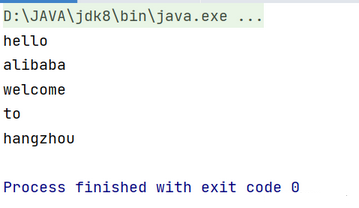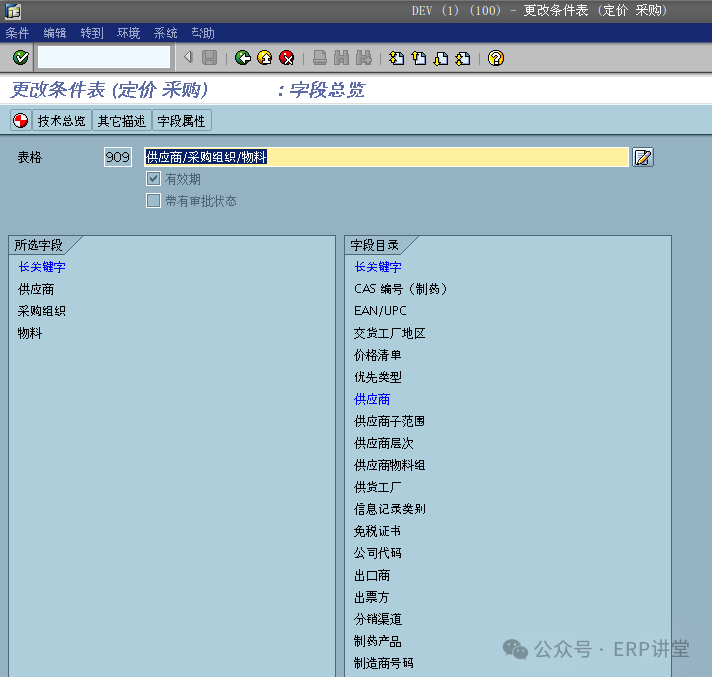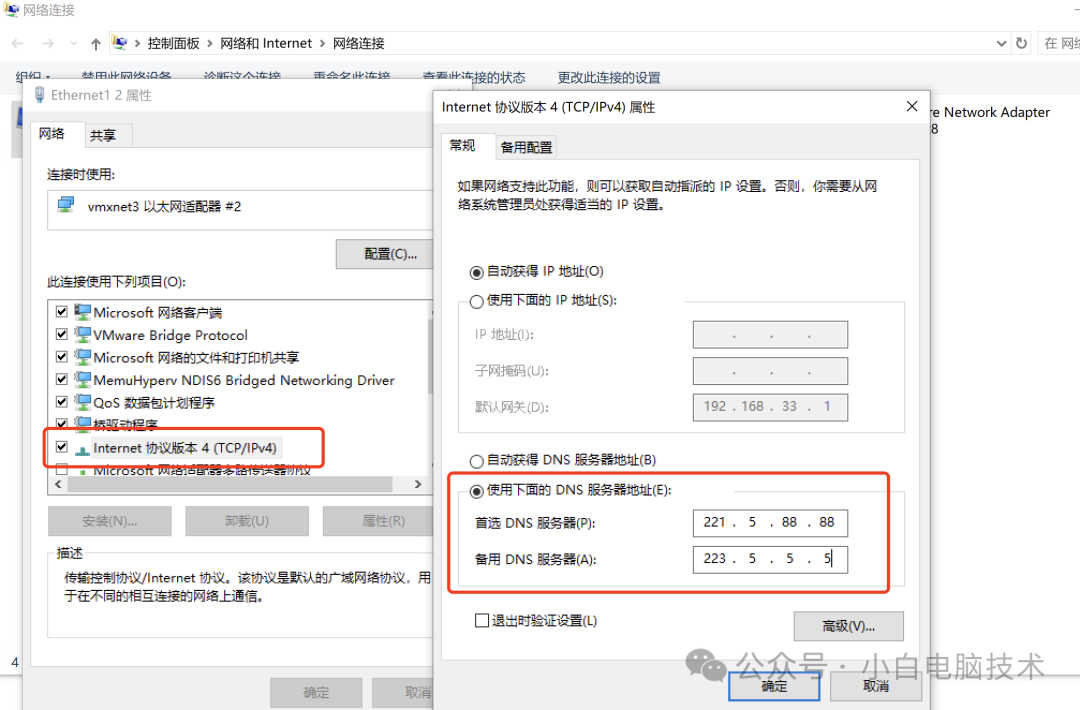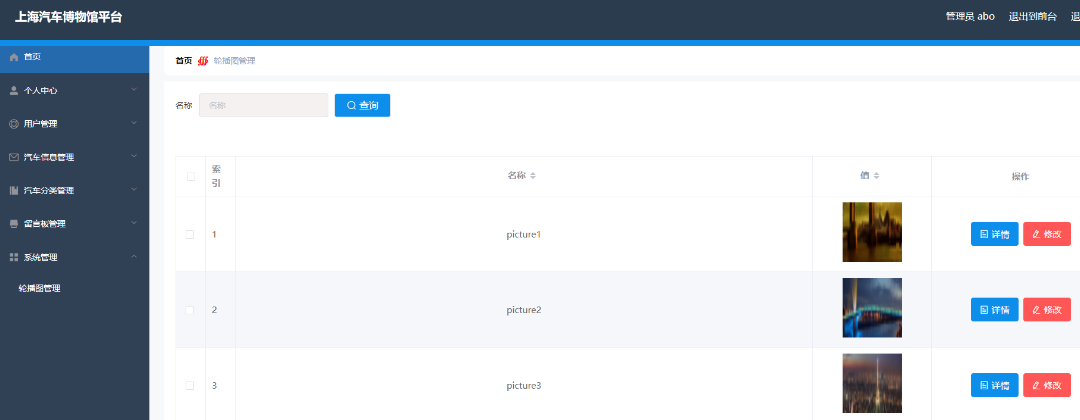一、爬电影TOP250
python爬取电影TOP250数据!
首先,打开电影TOP250的页面:
https://movie.douban.com/top250

开发好python代码后,成功后的csv数据,如下:

代码是怎样实现的爬取呢?下面逐一讲解python核心代码。
二、python爬虫代码讲解
首先,导入需要用到的库:
import requests # 发送请求
from bs4 import BeautifulSoup # 解析网页
import pandas as pd # 存取csv
from time import sleep # 等待时间然后,向豆瓣电影网页发送请求:
res = requests.get(url, headers=headers)利用BeautifulSoup库解析响应页面:
soup = BeautifulSoup(res.text, 'html.parser')用BeautifulSoup的select函数,(css解析的方法)编写代码逻辑,部分核心代码:
for movie in soup.select('.item'):
name = movie.select('.hd a')[0].text.replace('\n', '') # 电影名称
movie_name.append(name)
url = movie.select('.hd a')[0]['href'] # 电影链接
movie_url.append(url)
star = movie.select('.rating_num')[0].text # 电影评分
movie_star.append(star)
star_people = movie.select('.star span')[3].text # 评分人数
star_people = star_people.strip().replace('人评价', '')
movie_star_people.append(star_people)其中,需要说明的是,《大闹天宫》这部电影和其他电影页面排版不同:

它的上映年份有3个(其他电影只有1个上映年份),并且以"/"分隔,正好和国家、电影类型的分割线冲突。所以,这里特殊处理一下:
if name == '大闹天宫 / 大闹天宫 上下集 / The Monkey King': # 大闹天宫,特殊处理
year0 = movie_infos.split('\n')[1].split('/')[0].strip()
year1 = movie_infos.split('\n')[1].split('/')[1].strip()
year2 = movie_infos.split('\n')[1].split('/')[2].strip()
year = year0 + '/' + year1 + '/' + year2
movie_year.append(year)
country = movie_infos.split('\n')[1].split('/')[3].strip()
movie_country.append(country)
type = movie_infos.split('\n')[1].split('/')[4].strip()
movie_type.append(type)最后,将爬到的数据保存到csv文件中:
def save_to_csv(csv_name):
"""
数据保存到csv
:return: None
"""
df = pd.DataFrame() # 初始化一个DataFrame对象
df['电影名称'] = movie_name
df['电影链接'] = movie_url
df['电影评分'] = movie_star
df['评分人数'] = movie_star_people
df['导演'] = movie_director
df['主演'] = movie_actor
df['上映年份'] = movie_year
df['国家'] = movie_country
df['类型'] = movie_type
df.to_csv(csv_name, encoding='utf_8_sig') # 将数据保存到csv文件其中,把各个list赋值为DataFrame的各个列,就把list数据转换为了DataFrame数据,然后直接to_csv保存。
这样,数据就持久化保存下来了。
【点击领取】





















